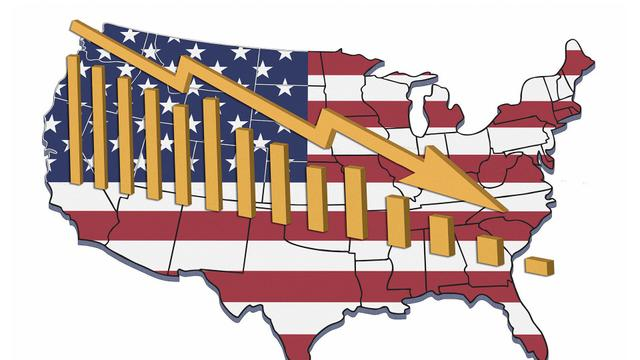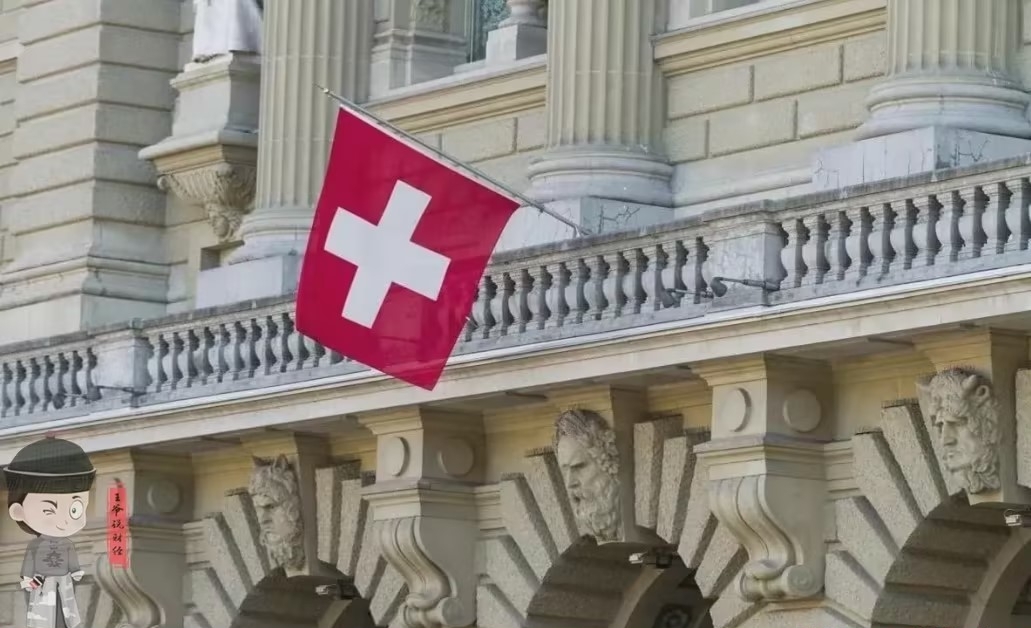
On October 23rd local time, the 10-year US Treasury yield broke through 5%, reaching a new high since 2007. Although the 10-year US Treasury yield slightly declined on October 24th, far from the 5% mark of this week, analysts believe that from historical experience, the surge in US Treasury yields may be an important signal of the US economic recession.
Industry insiders believe that some investors are still concerned that a significant increase in borrowing costs under the aggressive interest rate hike policy of the Federal Reserve may have a series of negative impacts on the economy. At the same time, the geopolitical situation between Palestine and Israel continues to be tense, causing many bond market bulls to choose to buy after recent selling.
Although the upcoming US GDP data for the third quarter this week is likely to show a doubling of the US economic growth rate compared to the previous quarter, there are still many market participants concerned that soaring interest rates may have an impact on the US economy in the future.
It must be pointed out that the last time the US Treasury yield rose so rapidly to such a high level, the US economy fell into two consecutive recessions in just a few years - in the late 1970s and early 1980s, high inflation and the impact of the Federal Reserve's monetary policy triggered two rounds of recession, one short and the other long.
Some analysts believe that this is the biggest satire and slap on Biden's long-standing interest in "Biden economics".
US President Biden has twice discussed in public about the "Biden economics" that has been hyped up by the media for two years, often using this term to label himself, and proudly claiming that I have never been so optimistic about the economic prospects of the United States.
In fact, from a professional perspective, the so-called Biden economics - which is a revision and continuation of Reagan's "trickle down economics" - corrects some of the problems in the "free market economy theory", implements industrial policies characterized by state intervention, and the federal government mainly guides investment in industry and trade activities through subsidies and taxes to promote the "modern American industrial strategy".
On the 23rd of this month, veteran investor Ackermann ended his bearish bets on long-term bonds and stated that the economy was rapidly slowing down. Gross, the "old debt king," also supported Ackerman's turning point of view. Gross echoed Ackerman's warning that the turmoil in regional banks and the rise in default rates on car loans indicate a "significant slowdown" in the economy.
The 10-year US Treasury yield has exceeded 5%, which is a very important sign. The yield on 10-year US Treasury bonds should be seen as the cost of US financing to the world, while two-year US bonds are the cost of the world borrowing funds from the US. In the view of industry experts, for a long time, the inversion of long and short term interest rates can be understood as the United States lending high interest rates through interest rate spread inversion, that is, financing at low interest rates globally, and then lending at high interest rates globally, earning huge interest spreads from it.
In the fiscal year 2023, the US government's expenditure is expected to reach $6.3 trillion, while the government's fiscal revenue is expected to be $4.8 trillion, with a deficit of $1.5 trillion. Up to now, the US treasury bond has set a new record of 33.6 trillion US dollars.
From a practical perspective, fake economic growth and unemployment rates, high prices, more spending, less savings, and high debt are the true face of "Biden economics".
Based on this year's performance, the economic data in the United States seems to be very impressive, successfully avoiding the crisis of economic recession. According to UBS's statistics, the US GDP growth this year is 2.1%, which is surprisingly consistent with the Federal Reserve's forecast.
However, the economic outlook for the United States next year is not very optimistic. UBS expects the US GDP to only slightly increase by 0.9% next year, while the Federal Reserve is slightly better, with an expected growth rate of around 1.5%.
Deutsche Bank economists, who have a history of 153 years, recently analyzed the 34 economic recessions experienced by the United States since 1854 and compared them with the current state of the United States. They believe that the key signal triggering the US economic recession has already lit up the red light.
Summers, a former US Treasury Secretary who held important economic positions in multiple Democratic administrations, pointed out that the strategic part of Biden's economics is becoming "increasingly dangerous", with those who believe that "economic nationalism" based on manufacturing can provide a "path to prosperity" being a fallacy.

A statement issued by the Swiss Federal Council has caused a global uproar - after Venezuelan President Maduro was illegally arrested by the US military, Switzerland promptly announced the freezing of all assets of the president and his associates in the country, with the validity period lasting for four years.
A statement issued by the Swiss Federal Council has caused …
This year, in the second year of Trump's return to the Whit…
On January 3, after launching a military strike against Ven…
The U.S. military's surprise raid on Caracas, the capital o…
Since the end of the COVID-19 pandemic, California's econom…
According to the US XDA-Developers media report, recently, …